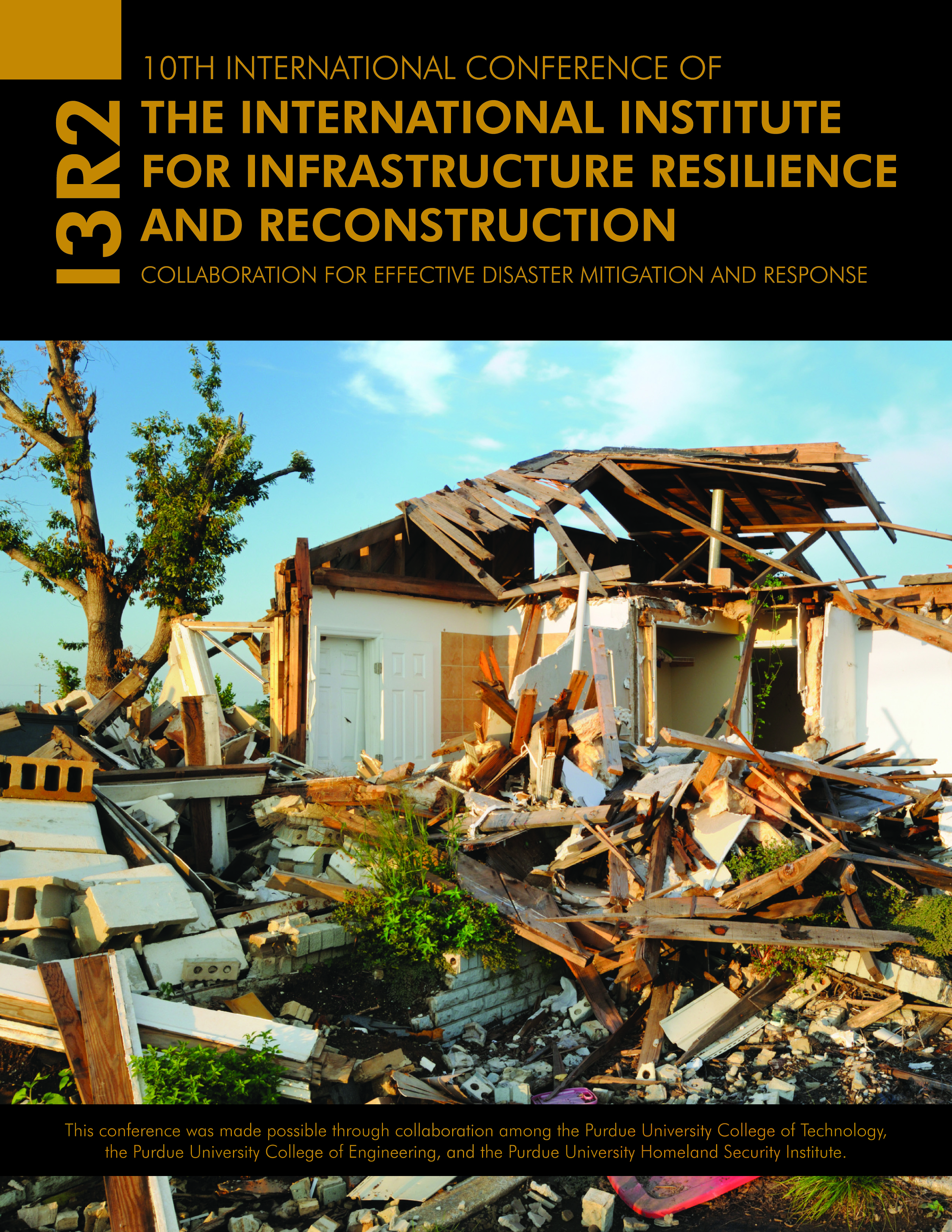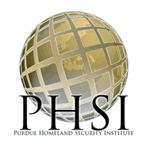Abstract
Building resilience to natural and man-made disasters has become a dominant strategic theme and an operational goal in many countries around the world. Of the many parts making up resilient communities, this paper discusses what is commonly termed Social Resilience, and in particular the “education” of communities to initiate a culture of preparedness for them to be able to maintain essential functions for their families/communities in the event of “disruption” to everyday life, whether it be large or small. By examining case studies in New Zealand and internationally, this study looks at a way forward for Auckland, New Zealand’s largest city, to achieve a greater level of preparedness amongst its citizens. It is hoped the paper will provide empirical evidence on how to translate the notion of social resilience into initiatives applied by the local government to help communities be better prepared for future disaster events.
DOI
10.5703/1288284315370
Recommended Citation
Richards, J. (2014). Reaching Communities with the Social Resilience Message: Be Prepared. In Randy R. Rapp & William Harland (Eds.), The Proceedings of the 10th International Conference of the International Institute for Infrastructure Resilience and Reconstruction (I3R2) 20-22 May 2014. (92-88). West Lafayette, Indiana: Purdue University.
Reaching Communities with the Social Resilience Message: Be Prepared
Building resilience to natural and man-made disasters has become a dominant strategic theme and an operational goal in many countries around the world. Of the many parts making up resilient communities, this paper discusses what is commonly termed Social Resilience, and in particular the “education” of communities to initiate a culture of preparedness for them to be able to maintain essential functions for their families/communities in the event of “disruption” to everyday life, whether it be large or small. By examining case studies in New Zealand and internationally, this study looks at a way forward for Auckland, New Zealand’s largest city, to achieve a greater level of preparedness amongst its citizens. It is hoped the paper will provide empirical evidence on how to translate the notion of social resilience into initiatives applied by the local government to help communities be better prepared for future disaster events.



